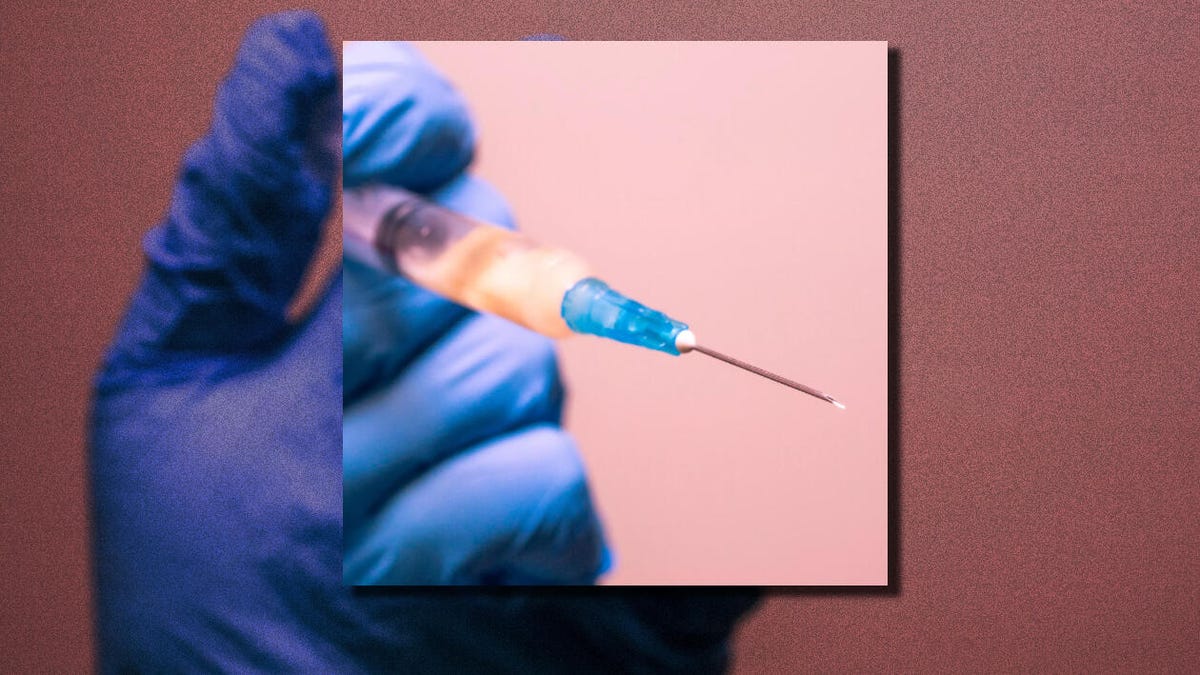Pfizer and Moderna expanding vaccine studies in children 5 to 11, report says
The studies aim to spot rare side effects of the COVID-19 vaccine in younger recipients.

Urged on by the Food and Drug Administration, COVID-19 vaccine creators Pfizer-BioNTech and Moderna are expanding their studies in children from 5 to 11 years of age, according to The New York Times on Monday. The study expansion reportedly aims to detect rare side effects like heart inflammation, which has shown up in vaccinated people under 30.
Pediatric studies from Pfizer-BioNTech and Moderna were falling short in detecting such side effects, according to the report. That led the FDA to ask for the inclusion of 3,000 children in the 5- to 11-year-old age group.
Pfizer told CNET that it began testing the COVID-19 vaccine in children 5 to 11 years old on June 8, and children younger than 5 on June 21. The study will include up to 4,500 participants from the United States, Finland, Poland and Spain, according to Pfizer. The initial results for the 5- to 11-year-old age group are expected in September, and data about children 2 to 5 years old, as well as 6 months to 2 years old, later this year.
Moderna began recruiting participants in March and confirmed its trial expansion, according to the report.
CNET reached out to the FDA and Moderna for more information, and we'll update when we hear back.
Last week, the European Medicines Agency recommended authorizing Moderna's COVID-19 vaccine for 12- to 17-year-olds.

